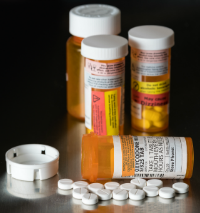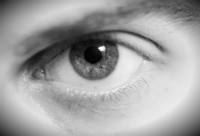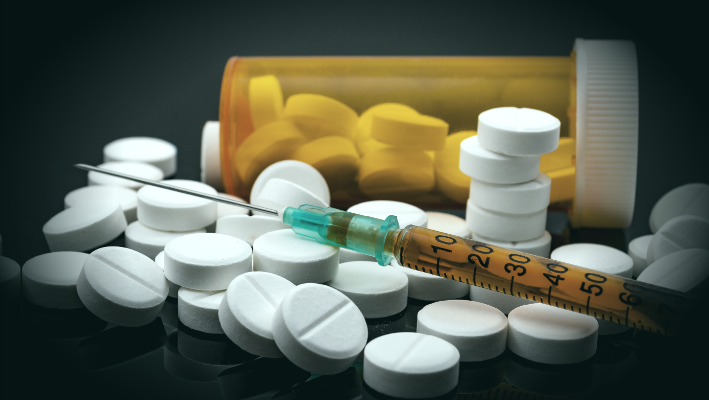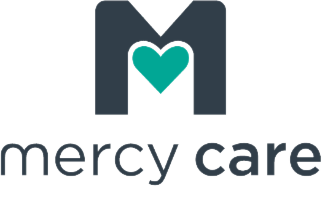A recent study found that from 2010 to 2016, the number of people addicted to opioids jumped 493%. This includes both prescribed and illicit drugs.

That’s a pretty shocking statistic. What’s even worse is that in 2016, only 65% of addicts received medicated treatment.
The consequences of an opiate addiction range from minor illness due to withdrawal to death, depending on the severity of the dependence. If a friend or family member suffers from an opiate dependency, it’s important they receive treatment right away.
But how do you know they have a problem? To help you out, we’re going over seven signs to look for if you suspect a loved one is an opiate addict.
What Happens During Opioid Addiction?
Before we look at the warning signs, let’s go over what exactly goes on in the body during opiate dependence.
When someone takes a painkiller that contains opiates, the drug creates endorphins in the brain. These endorphins help with pain, but also create a pleasurable sensation. This is why many people become addicted after taking painkillers for an injury or after a surgery.

If a person takes opiates for an extended amount of time, the brain begins to rely on the manufactured endorphins produced by the drug. The brain then stops producing natural endorphins.
It’s important to note that this effect can happen with prescription drugs like hydrocodone or morphine. The same thing happens with illegal drugs like heroin.
Signs Someone Is an Opiate Addict
If you suspect a loved one has become an opiate addict, it’s important you approach the problem carefully. The last thing you want to do is scare them off or intimidate them.
They’ll need to receive addiction treatment as soon as possible. But first, confirm they have a problem by looking for the following signs.
1. Opiate Addict Socially Withdraws
It’s very common for someone who is addicted to opiates to start withdrawing from family and friends. They often lose interest in things they were once passionate about. This is because the drug has tapped their motivation.
They also may start involving themselves with a different group of friends.

These are often people who have drug problems or drug dealers.
An addiction requires work. Addicts must start spending time obtaining drugs. They also tend to isolate themselves while using.
If a loved one starts to suddenly withdraw from friends and family and lose interest in hobbies and activities, they may have become an opiate addict.
2. Opiate Addiction Induces Depression
Do you notice a general sense of unhappiness in a loved one? Is this uncharacteristic of their personality?
Depression is one of the common symptoms of an opiate addict for a number of reasons.

First, depression is associated with withdrawal. If an addict is unable to find drugs, they begin to withdraw, meaning depression and anxiety quickly set in.
An opiate addict could also get depressed at the realization that their dependency is out of control. They may feel helpless or that they have nowhere to turn.
If you notice a loved one is often depressed, it’s important to let them know you’re there for them and won’t judge them if they need help.
3. Opiate Addict’s Euphoria
On the other hand, you may notice that a loved one is often or suddenly euphoric. This is one of the more common effects of opioids.

Opiates often cause a false sense of optimism. An opiate addict may suddenly have plans to change their life or accomplish huge goals.
In addition to euphoria, they may suddenly become chatty and overly-positive. This is an indication they’ve recently taken opiates and are feeling the effects.
Although this may sound like a positive thing, these are drug-induced notions. They almost always fade when the drug starts wearing off.
4. Flu-Like Symptoms – Opiate Withdrawals

Opiate withdrawal is both physical and psychological. The physical withdrawal is characterized by flu-like symptoms. This means low fever, runny nose, cold sweats, nausea, and headache.
This happens because their body has gone a certain amount of time without the drug. With opiates, the withdrawal can start within a day.
If your loved one often displays flu-like symptoms, it could be because they were unable to find drugs and have to deal with withdrawal until they can get their hands on more.
5. Opiate Addiction and Financial Problems
If an opioid addiction becomes severe, an addict often starts having financial problems. This is because their body needs more and more of the drug as the addiction progresses.

Many times, addicts have to ask for personal loans from family and friends. They may also start selling personal belongings to support their habit. If an addiction gets too severe, an addict may resort to stealing.
If you notice that a loved one has unexplained financial issues, their addition has reached a critical point. You need to intervene and seek treatment for an opiate addiction immediately.
6. Opiate Addict’s Weight Fluctuation

In general, addiction to most drugs causes the user to eat less. They either simply don’t have an appetite or don’t want food to interfere with their high.
However, an opiate addict tends to crave foods that are high in sugar. These foods have very poor nutritional value. Therefore, some addicts end up either gaining or losing weight.
Addicts stop maintaining a well-balanced diet. For them, the drug has become the most important thing they put in their bodies.
7. Unemployment & Opiate Addiction

If your loved one suddenly loses or quits their job and doesn’t give a clear explanation for it, this should be a red flag.
Opiate addiction drains a user’s motivation and makes work very difficult. Addicts also lose the passion they once had for their careers.
Many times, an addict will continue working, but their performance suffers to the point of termination. If the addiction has gotten to this point, they need immediate treatment for their opiate addiction.
Don’t Wait – Seek Opiate Addiction Treatment Today
If you notice one or more of the signs of an opiate addiction discussed above, it’s time to seek treatment for a loved one as soon as possible. You may want to speak to other members of your family or close friends and formulate a plan.
It’s important that they know you have their best intentions in mind. Try having a small intervention with them so you can understand the severity of their addiction. Then, it’s time to get help.
We offer medication-assisted treatment with methadone to help opioid addiction. With methadone treatment, opiate withdrawal symptoms are greatly reduced without producing the “high” associated with opiates.








